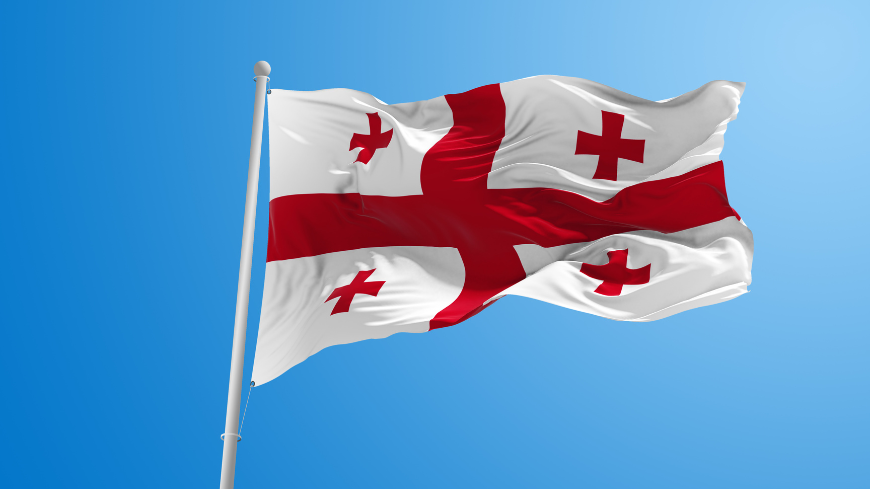The Expert Council on NGO law, a body of the Conference of International non-governmental organisations of the Council of Europe, released today an opinion on Georgia’s law on transparency of foreign Influence which was adopted on 14 May at the conclusion of its third reading.
In the 25 pages document, which examines one by one the various legal provisions and their implications especially for organisations of the civil society, the experts consider inter alia that:
- the purported retrospective inclusion of income received before the legislation would enter into force is clearly arbitrary in that those entities affected could not escape the obligation to register even if thereafter the income received from foreign sources became less significant;
- there are many provisions that impose requirements to disclose personal data that have no conceivable link with the supposed objectives of the law regarding transparency of funding from foreign powers;
- the provisions aim at establishing a monitoring mechanism which would be very extensive in its scope, affecting all civil society organisations, and be unnecessarily intrusive in its range and frequency;
- the intended provisions for the imposition of penalties are manifestly excessive for a regulatory measure.
The opinion further states that this legislation would necessarily lead to the stigmatisation of the entities concerned by making the assertion that they are pursuing the interest of a foreign power simply because of the source of some of their income. It concludes that “There is, therefore, no justification for this law that would be consistent with European and international standards.”
In English / In Georgian / In French
***
About the Expert Council on NGO Law: It was created in January 2008 by the Conference of INGOs of the Council of Europe with the aim of creating an enabling environment for NGOs through examining national NGO legislation and its implementation and providing advice on how to bring national law and practice into line with Council of Europe standards and European good practice. It carries out thematic and country studies on specific aspects of NGO legislation and its implementation that seem to pose problems of conformity with international standards, notably the European Convention on Human Rights and the Recommendation (2007)14 of the Committee of Ministers to member States on the legal status of NGOs in Europe. Its work covers the 46 member countries of the Council of Europe and Belarus.
Link to further information on the Expert Council on NGO law



